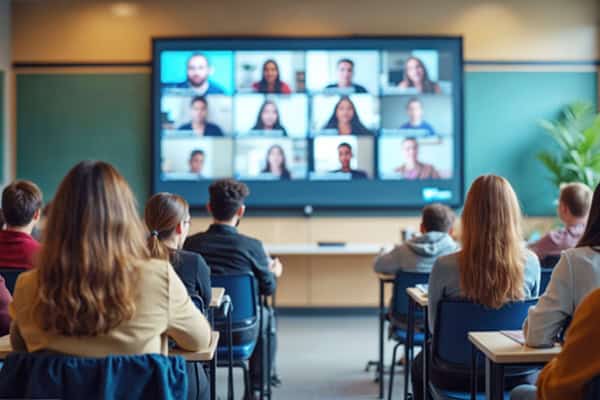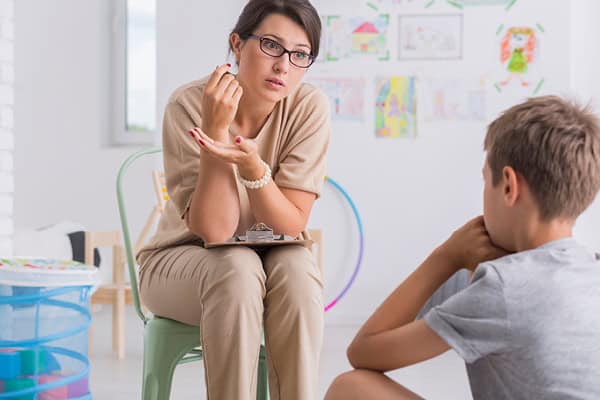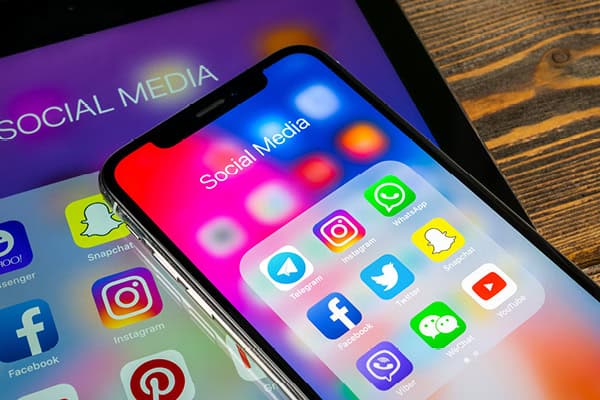In a 2023 poll conducted by the U.S. News-Harris Poll survey, 86% of Americans were disappointed in society’s leaders, perceiving them unable to handle crises and failing to reflect traditional American values, according to The 74. Recent findings from an NPR/PBS News/Marist National Poll reveal that 60% of Americans do not want their kids to be president of the United States — a position once regarded as an aspiration by families nationwide. The consequence: a daunting leadership crisis in the U.S. in 2024.
Great leaders develop from a combination of education, mentorship, encouragement and practical experience. Service learning — where students apply academic and civic knowledge and skills to confront true community needs — provides youth with vital hands-on experiences needed to develop leadership skills. Investigating real community issues, designing effective programs and implementing those solutions in real life are part of those experiences. They teach students curiosity, creativity and empathy — all essential for effective leadership.
One service-learning program was launched in 2022 by the National Youth Leadership Council for students in grades 6 to 12. Teams of at least two students, plus an adult mentor, create service-learning projects in one of four focus areas: education equity, community health, environmental justice or civics and democracy.
Teams dive into an issue affecting their community by investigating, exploring and understanding specific needs to identify a meaningful project to take on. Since its launch, the program has served 1,420 students across 29 states and 71 schools and organizations, fostering essential leadership skills and values. Young people — with their boundless energy, creativity, and passion for change — are empowered to lead from an early age.
Across the nation, students have used service learning to tackle issues like water conservation, recycling and distracted driving. One student team in New York investigated the negative impacts of the overuse of social media by teens. They developed a “5 Hour Free Friday” campaign, which encourages teens to disconnect from social media and technology for five hours on Fridays to improve mental health and self-esteem.
Research demonstrates that students engaged in service learning exhibit improved self-esteem, academic performance, civic engagement and social skills. During the pandemic, student leaders from Chicago collaborated with a local health organization and the Centers for Disease Control and Prevention on a bilingual campaign to help stop the spread of COVID-19 in the Latino community. One student who spoke to the leadership council about the experience remarked, “I realized that youth can be a force for global change. This experience opened my eyes to the daily issues affecting our world.”
Now, more than ever, teens need education, mentorship and opportunities to become transformative leaders. Delaying leadership education until college or adulthood risks wasting young people’s potential.
The 74





